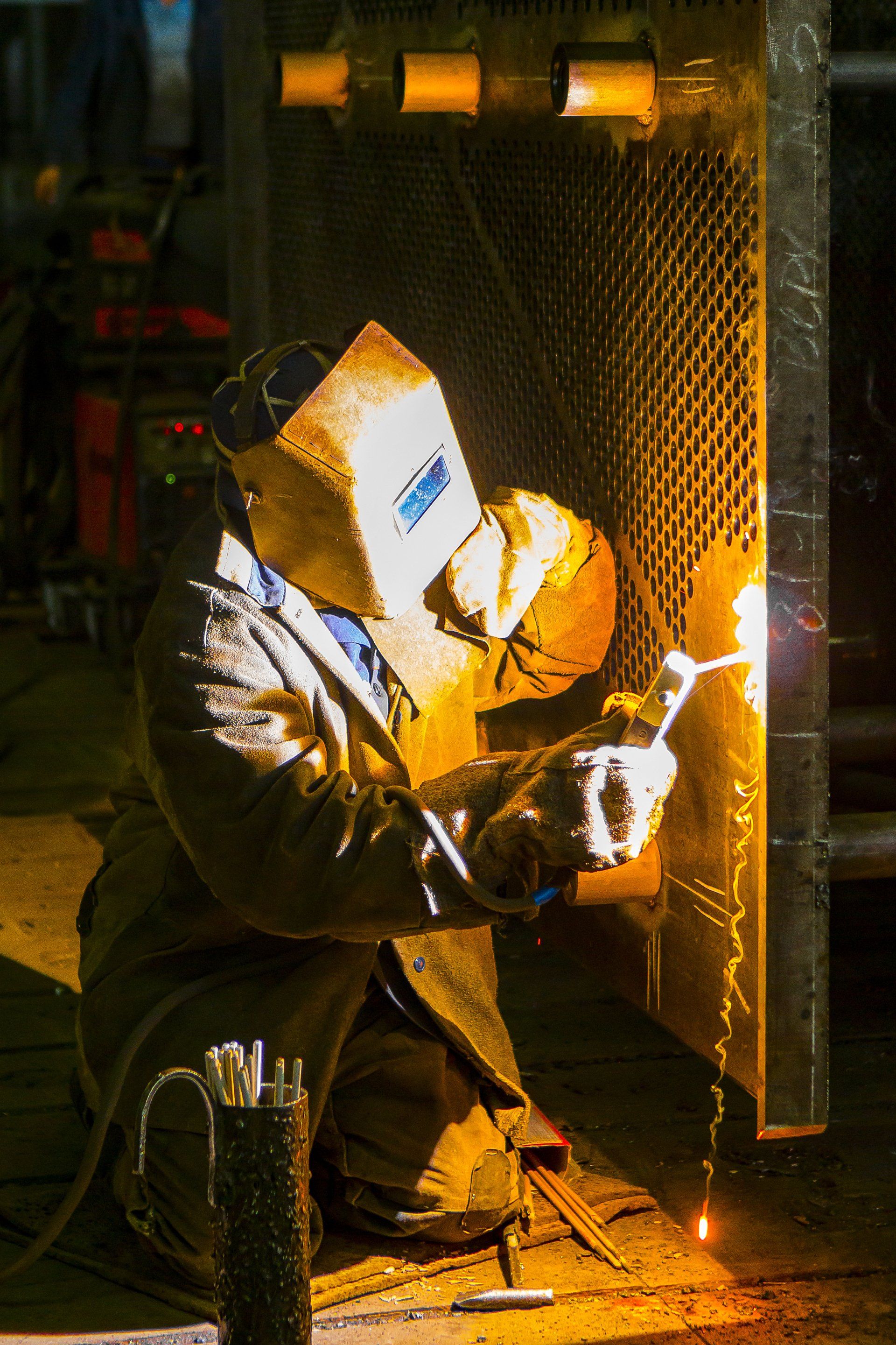Get in touch
0191 3232667
info@jjfmgroup.co.uk
Helpdesk - 0191 323 2667
Understanding Remedial Works for Your Commercial Property
Heather Lisle • November 6, 2023
Navigating Remedial Works for Commercial Properties
When it comes to commercial properties, "remedial works" is a term that often surfaces as a critical aspect of building upkeep. These remedial works are essential to address the wear and tear that buildings endure over time, ensuring they remain safe, functional, and aesthetically pleasing. Let's delve into the specifics of what remedial works
might entail for various commercial properties.
For Office Buildings
In bustling office buildings, remedial works can include upgrading fire safety systems as part of comprehensive property maintenance. This might involve replacing outdated fire doors or installing advanced smoke detection systems. Additionally, remedial works in high-traffic areas, such as lobbies and corridors, are common to address carpet wear or damaged ceiling tiles, contributing to the overall building maintenance.
Retail Spaces
Retail environments, where first impressions are crucial, might require remedial works like fixing storefront glass or addressing structural issues that can impact the customer experience. Reactive maintenance, such as dealing with plumbing leaks or electrical faults, is also a frequent need, where remedial works ensure that the retail space is safe and inviting.
Industrial Properties
For industrial sites, remedial works can be extensive, ranging from repairing heavy-duty flooring
to reinforcing structural beams. These types of properties often require total maintenance strategies
to handle the robust demands of industrial activities, including regular checks on machinery and ensuring compliance with health and safety regulations, all falling under the umbrella of remedial works.
Historic Buildings
Remedial works on historic commercial properties must be handled with care, often involving specialists to preserve the building's character. This can include masonry repairs, roof restorations, and updating internal systems in a way that respects the property's heritage, all part of crucial remedial works.
Hospitality Venues
In the hospitality sector, facilities management
plays a key role in remedial works. This could mean modernizing HVAC systems for guest comfort or refurbishing rooms to keep up with contemporary standards. Preventative maintenance
is also crucial in these properties to avoid any disruptions to guest services, and remedial works are often at the forefront of this effort.
The Importance of a Tailored Approach
Each commercial property is unique, and so are its remedial needs. A tailored approach, which often involves a combination of preventative maintenance
and reactive solutions, is essential. By addressing issues promptly and efficiently through remedial works, property maintenance not only fixes immediate problems but also prevents future ones, saving business owners time and money in the long run.
Conclusion
Remedial works are a vital component of the lifecycle of any commercial property. They ensure that buildings not only stand the test of time but also provide safe, pleasant, and efficient spaces for businesses to thrive. By staying ahead of maintenance needs and addressing repairs as they arise, property owners can protect their investment and maintain the value of their commercial assets through effective remedial works.


